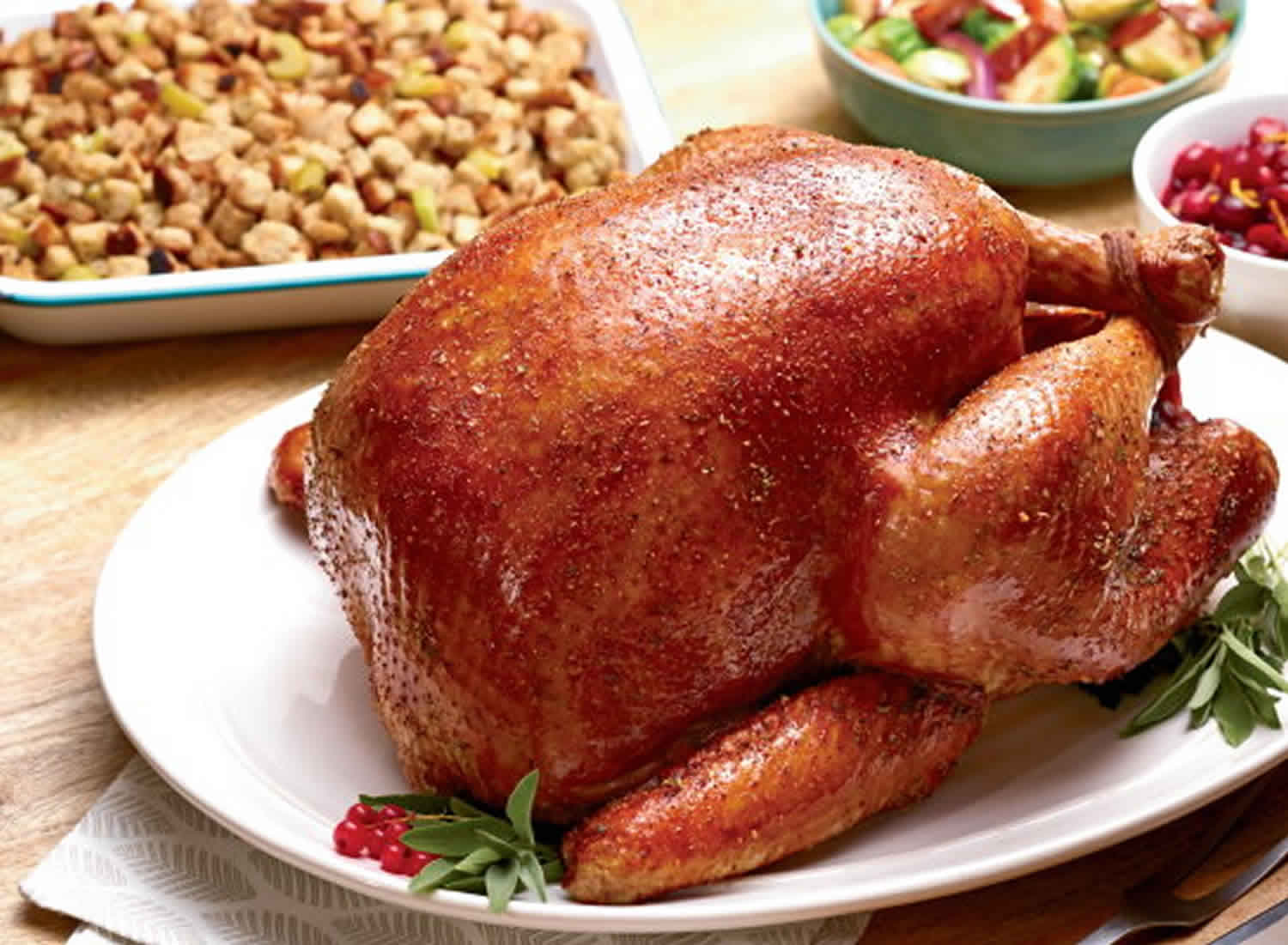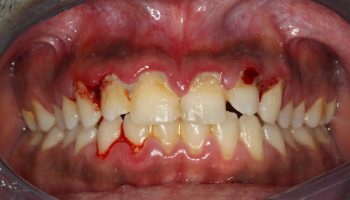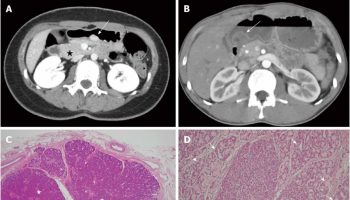What is in turkey that makes you sleepy
Turkey and chicken has an essential amino acid call tryptophan that causes sleepiness. Tryptophan plays a role in “feast-induced” drowsiness. Turkey is the most well know food with this tryptophan amino acid. Popcorn also has a similar affect. Tryptophan is an amino acid that you can only get from what you eat/drink. Tryptophan is found in most proteins and a precursor of serotonin. Tryptophan is converted to 5-hydroxy-tryptophan (5-HTP), converted in turn to serotonin, a neurotransmitter essential in regulating appetite, sleep, mood, and pain. Tryptophan is a natural sedative and present in dairy products, meats, brown rice, fish, and soybeans.
Tryptophan helps your body make serotonin (a relaxing mood hormone) which then helps your body make melatonin (a hormone that controls sleep cycles). Melatonin is a hormone that is produced by the pineal gland in animals, which regulates sleep and wakefulness. Serotonin is a brain neurotransmitter, platelet clotting factor, and neurohormone found in organs throughout the body.
The requirement for tryptophan and protein decreases with age. The minimum daily requirement for adults is 3 mg/kg/day or about 200 mg a day. There is 400 mg of tryptophan in a cup of wheat germ. A cup of low fat cottage cheese contains 300 mg of tryptophan and chicken and turkey contain up to 600 mg of tryptophan per pound.
Protein can also promote sleep. This is why the best bedtime snack is one that contains both a carbohydrate and protein, like peanut butter on toast.
Combining foods that are high in tryptophan with healthy complex carbohydrates also improves sleep. An hour before bed, try having a snack of whole-wheat crackers and cheese or a small turkey sandwich on whole-grain bread. Or for dinner, chow down on grilled chicken and brown rice, a black bean and cheddar quesadilla on a whole-grain tortilla, or whole-wheat mac ‘n cheese.
Other foods like angel food cake and pasta can also promote sleep. The trick is to increase your carbohydrate intake. Carbs make tryptophan more available to the brain. This is why you are often drowsy after carbohydrate-heavy meals.
Ingestion of a meal rich in carbohydrates triggers the release of insulin. Insulin, in turn, stimulates the uptake of large neutral branched-chain amino acids (BCAAs) into muscle, increasing the ratio of tryptophan to branched-chain amino acid in the bloodstream. The increased tryptophan ratio reduces competition at the large neutral amino acid transporter (which transports both branched-chain amino acids and tryptophan), resulting in greater uptake of tryptophan across the blood-brain barrier into the cerebrospinal fluid (CSF). Once in the CSF (cerebrospinal fluid), tryptophan is converted into serotonin and the resulting serotonin is further metabolized into melatonin by the pineal gland, which promotes sleep.
Under certain situations, tryptophan can be a neurotoxin and a metabotoxin. A neurotoxin is a compound that causes damage to the brain and nerve tissues. A metabotoxin is an endogenously produced metabolite that causes adverse health effects at chronically high levels. Chronically high levels of tryptophan can be found in glutaric aciduria type 1 (glutaric acidemia type 1 or GA1). Glutaric aciduria type 1 is an inherited disorder in which the body is unable to completely break down the amino acids lysine, hydroxylysine, and tryptophan. Babies with glutaric acidemia type I are often born with unusually large heads (macrocephaly). Affected individuals may also have difficulty moving and may experience spasms, jerking, rigidity or decreased muscle tone, and muscle weakness. High levels of tryptophan have also been implicated in eosinophilia-myalgia syndrome, an incurable and sometimes fatal flu-like neurological condition linked to the ingestion of large amounts of L-tryptophan. The risk of developing eosinophilia-myalgia syndrome increases with larger doses of tryptophan and increasing age. Some research suggests that certain genetic polymorphisms may be related to the development of eosinophilia-myalgia syndrome. The presence of eosinophilia is a core feature of eosinophilia-myalgia syndrome, along with unusually severe myalgia (muscle pain). It is thought that both tryptophan and certain unidentified tryptophan contaminants may contribute to eosinophilia-myalgia syndrome 1. It has also been suggested that excessive tryptophan or elevation of its metabolites could play a role in amplifying some of the pathological features of eosinophilia-myalgia syndrome 2. This pathological damage is further augmented by metabolites of the kynurenine pathway (a tryptophan degradation pathway).
Other foods that might help you sleep
The most common sleep disorder is, by far, insomnia. One in every 3 adults has occasional insomnia while one in every 10 has it chronically. Insomnia is normally a phase for many people due to many reasons like stress for example. Once the stress is gone, then the insomnia is gone. This type of insomnia can usually be fixed by trying many natural methods.
One of these methods to help you sleep better can be as simple as changing your diet. Yes, certain foods can make us sleepy! Why do you think sometimes you feel sleepy after that nice lunch you had on your work break? Now, this does not mean to engorge these foods and you will sleep better at night. Actually, eating too much of any kind of food will hurt your chances of getting a good night’s rest. So, what are the foods that might help you sleep? Here are the top 10.
- Fish – Vitamin B6 is abundant in fish, with salmon, tuna, and halibut having the most. B6 is what makes melatonin (melatonin is normally triggered by being in the dark). By eating fish for dinner you can give that melatonin a head start before turning out the lights.
- Yogurt – Calcium processes hormones that help you sleep which are tryptophan and melatonin. Calcium, of course, can be found in anything dairy related if you don’t like yogurt. Other things you could try are milk or cheese and crackers
- Kale – This leafy green is also rich in calcium which again is important in making those sleep hormones go to work that we have mentioned above.
- Bananas – They are high in potassium which helps to KEEP you asleep. It also has tryptophan and magnesium which are natural sedatives.
- Whole Grains –Encourages insulin production that results in tryptophan activity in the brain. It also has magnesium which is said to help you STAY asleep. When magnesium levels are too low you are more likely to wake up during the night.
- Honey – Glucose in honey lowers levels of orexin, orexin is a neurotransmitter in the brain that makes you more alert. Honey will put that alertness in reverse.
- Nuts – Eating heart-healthy fats can also boost serotonin levels, and nuts—including walnuts, flax seeds, almonds, cashews, pumpkin seeds, sunflower seeds as well as nut butters —are a good source. These all boost serotonin levels by having magnesium and tryptophan.
- Eggs – Eggs are popular in the morning, but they also can make you sleepy due to having tryptophan. Try to have some breakfast for supper and see what happens.
- White Rice – White rice has a high glycemic index (GI). This simply means that they will give you a natural increase in blood sugar and insulin levels, which in turn, helps tryptophan go to work in your brain faster.
- Herbs. Certain herbs, such as sage and basil, contain chemicals that can improve sleep by easing tensions that would keep you awake. Basil can be sprinkled on whole-wheat pasta dishes or when topping sliced mozzarella and tomatoes. You can also chop it up and mix it with olive oil, garlic, pine nuts, salt and pepper, and pecorino cheese to make a pesto sauce, and then toss cooked zucchini in it. Sage, on the other hand, pairs best with fatty meats like pork and beef (which you should, of course, eat only in moderation). You can also put it on butternut squash soup or a cold bean salad.
The key to remember is foods with a mix of calcium, potassium, magnesium, tryptophan, and B6 are going to be the foods to look for. All of the above have one of these or more. By trying these foods in the evening, you may be surprised by how fast you can fall asleep.
References




